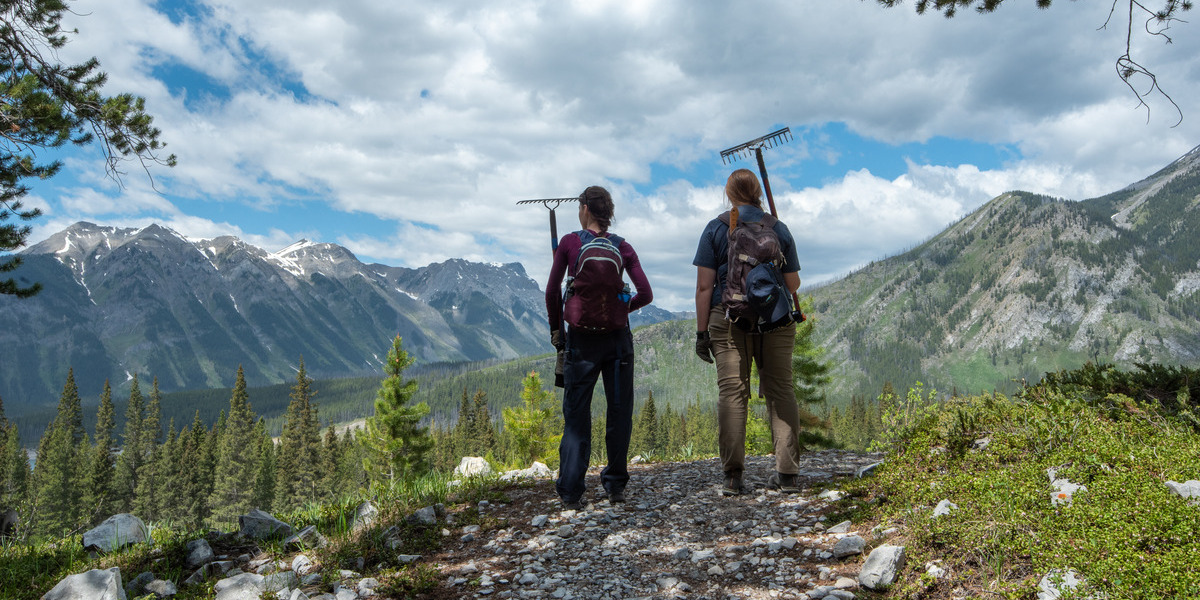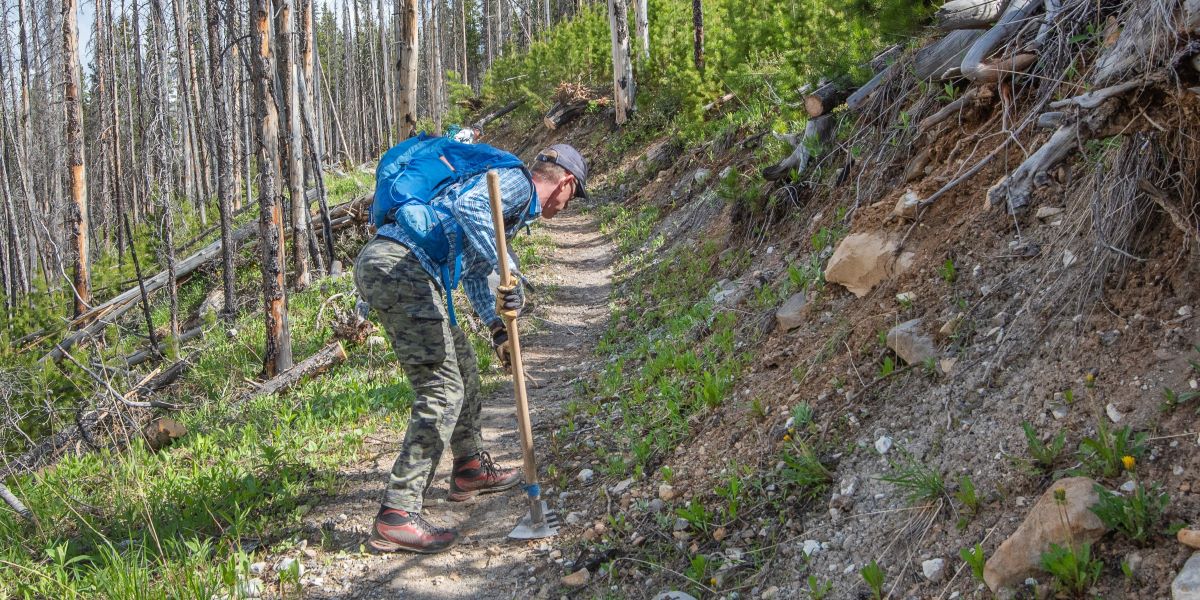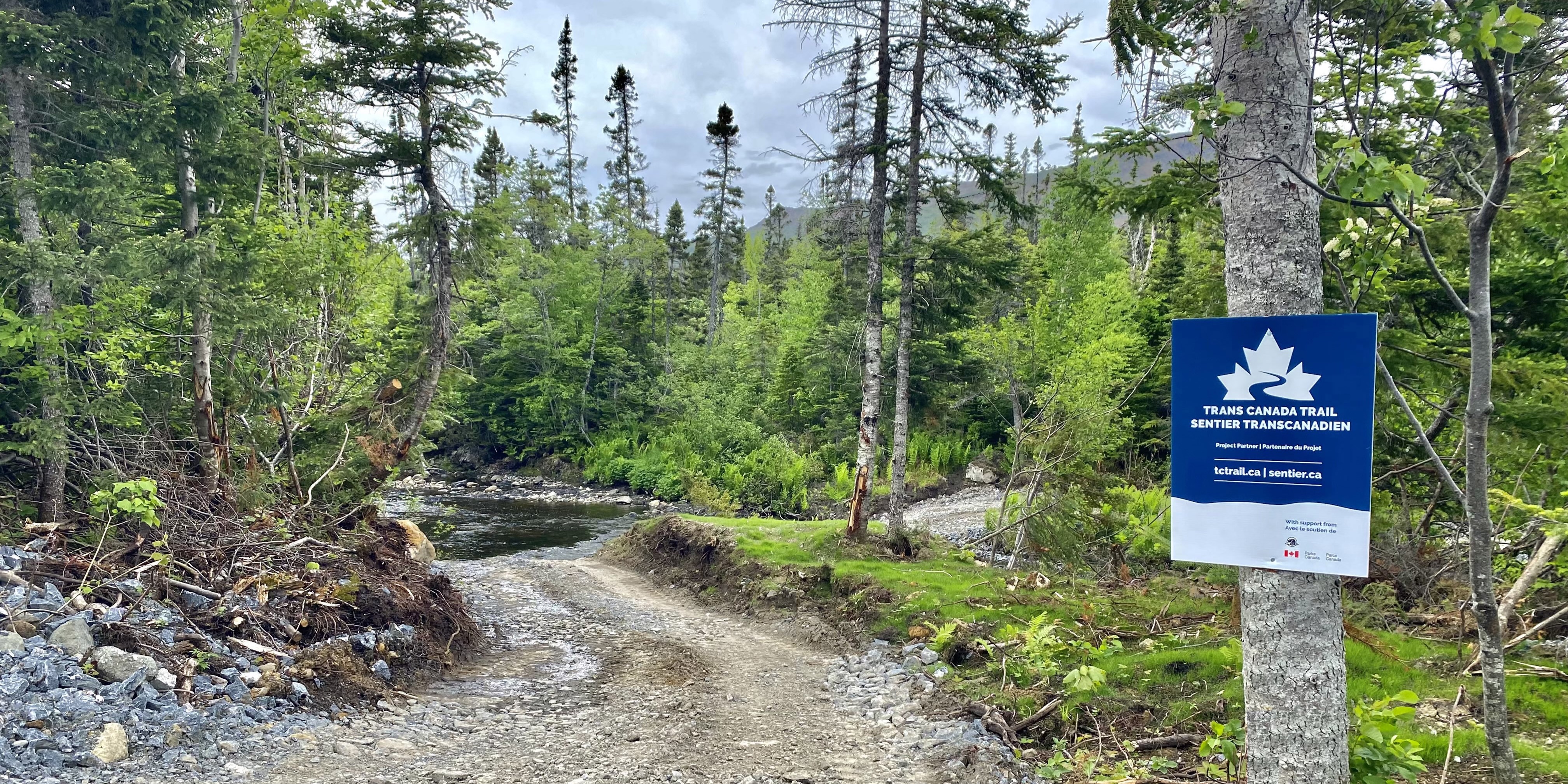TCT Urges Canadians and Candidates to Take the #ISupportTCT Pledge to Protect Trails for Future Generations

National Léger Survey Finds Trail Use Has Increased 40% in 2021
Ottawa, September 13, 2021 – 85% of Canadians have been exploring trails since the beginning of the COVID-19 pandemic, according to a new national Léger survey commissioned by Trans Canada Trail (TCT). This is the latest in a series of surveys to show that trail use is up across Canada as Canadians have, during the pandemic, embraced outdoor recreation opportunities that enhance their physical and mental health.
This survey found that COVID-19 has changed the way Canadians use trails, with 40% of Canadians increasing their trail usage since 2020, and survey results indicate that trails will maintain their place in Canadians’ routine post pandemic. The majority of Canadians (72%) say they will continue to use trails post pandemic, with a quarter (25%) intending to use them more often. Among those who identify as trail users, those numbers increase to 96% planning to use trails once the pandemic is behind us, with 34% expecting to use them more often than they currently do.
“Canadians’ increased trail use during the pandemic has catalyzed our decision to launch the #ISupportTCT campaign, which calls on federal candidates to support the Trans Canada Trail, as well as our efforts to renew our annual federal funding by signing the #ISupportTCT pledge. We are buoyed by the response and the messages of support we’ve received – from Canadians as well as federal candidates – which underscore the importance of our federal funding, and the sustainability of the Trail,” says Eleanor McMahon, President & CEO, Trans Canada Trail.
According to the Léger survey, 77% of Canadians feel it is very important for governments (federal, provincial/territorial, municipal) to invest in the development and maintenance of recreational trails.
“Our studies have shown that trails make an important contribution to our economy – and these polling results underscore the potential for trails to continue to do so, with 52% of Canadians planning to include trails in their next vacation plans. Trails attract tourists and they also connect visitors to local businesses and attractions, which enhances local economies. They also enrich our understanding of Canada’s history, and in particular our understanding of the importance of relationships with Indigenous communities,” said McMahon.
Trails have emerged as a vital tool for Canada’s economic recovery with 72% of Canadians using trails to explore their communities. And while the pandemic has increased levels of stress and taken a toll on mental health, trails have been a place of respite. The Léger survey found that 94% of Canadians frequently use trails to enjoy a safe outdoor experience and the fresh air.
With climate change a top-of-mind issue for voters in this federal election, Canadians agree that active transportation infrastructure such as trails are vital to positive climate action. The Léger survey results also show:
- 89% of Canadians agree trails lower emissions and enhance air quality;
- 80% of Canadians agree trails decrease congestion; and
- 90% of Canadians agree trails make local communities healthier.
McMahon notes, “As the stewards of the longest trail system in the world, we are proud of the work we do, but we can’t do it without the vital yearly support that we receive from the federal government. The work that we do, in partnership with local trail organizations, is critical to protecting our natural environment for generations to come, and makes a robust contribution to our economy and local job creation through infrastructure investments and tourism. These survey results reinforce the importance of continuing to invest in the Trans Canada Trail given its numerous benefits.”
About the #ISupportTCT Campaign
Trans Canada Trail recently launched the #ISupportTCT campaign, which asks federal election candidates to take a pledge to support Trans Canada Trail and to confirm their support for the renewal of the organization’s federal funding, which sunsets in March 2022. The campaign also asks Canadians to share their support for the Trans Canada Trail on social media, while at the same time encouraging their local candidates to take the pledge. Information on the campaign and the pledge can be found here.
Survey methodology
A web survey was conducted with a representative sample of 1,544 Canadians. Respondents were randomly selected from Léger’s web panel, and included French- and English-speaking Canadians, 18 years of age and older. Data collection for this study took place from August 27 to 29, 2021. For comparative purposes, a probabilistic sample of 1,544 respondents would have a maximum margin of error of ± 2.5%, 19 times out of 20.
About Trans Canada Trail
The Trans Canada Trail is the world’s longest network of multi-use recreational trails. As of August 2021, the Trail stretches more than 28,000 km – and continues to grow – across every province and territory. It’s a showcase of Canada’s diverse landscapes and cultures, and a sustainable national asset that fosters unity, collaboration and connectedness. Our national trail is managed by local trail groups and partners who work in conjunction with Trans Canada Trail, a registered charity. tctrail.ca

















